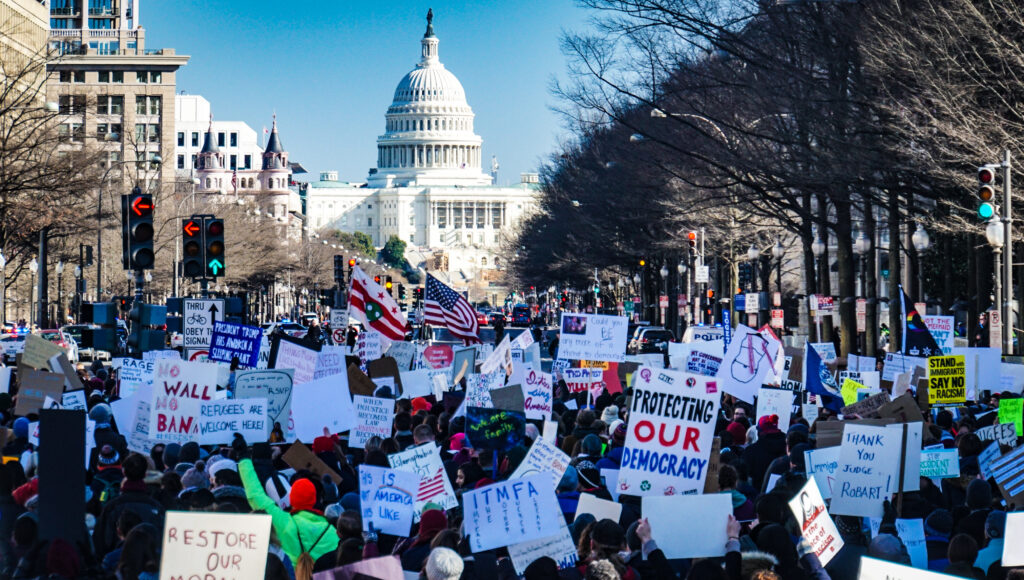
In some states, those with a felony conviction are ineligible to vote. Voting rights are not protected explicitly in the US Constitution, although several Amendments safeguard certain aspects of voting rights. Whether or not you lose your right to vote is determined by state law.
There is great variation in how states treat the right to vote among citizens who have been convicted of a felony. Such lack of uniformity makes it very difficult for justice-impacted individuals to understand their rights.
Justice-impacted people represent a significant portion of American society. One out of every three Americans has a past criminal conviction. Under current legislation, there are more than 18 million individuals with past convictions who can vote. On the other hand, in 2020, over 5 million people were prohibited from voting in the elections due to laws that disenfranchise citizens.
In addition, there are 2 million Americans currently in correctional institutions across America. Few states allow prisoners to vote, but few incarcerated individuals actually cast a ballot. Why? Because many states lack laws that designate prisons as polling locations, facilities lack policies to govern voting procedures, and processes that ensure individuals in prison can access the required forms.
The Civil Rights Division of the Department of Justice publishes a guide that can assist the justice-impacted in determining if they can exercise their right to vote. The guide is helpful, but many people do not know that it exists. That’s why issue campaigns and grass roots organizing by organizations like PLAN and ACLU are so important.
The ACLU’s voting rights campaigns educate and mobilize individuals who understand the importance of restoring voting rights, improving access to the ballot and fighting voter suppression. These efforts are critically important to ensure that members historically disenfranchised communities know how to exercise their rights.
There are many down-stream effects of low levels of voter turnout in specific subsets of American society. First, the interests and needs of these individuals and their communities remain unvoiced. Second, some elected officials are missing input from a significant portion of the people they are supposed to represent. As a result, the interests and needs of the disenfranchised, who tend to be both poor and minorities, are not reflected inthe public policies these elected officials promote.
The negative effects of losing the right to vote, or not knowing if you have the right to vote, go far beyond the limitations in the scope of public policy. Felony disenfranchisement is undemocratic. But beyond that, it’s liked to poor health outcomes and contributes to recidivism.
If you are a justice-impacted person, I encourage you find out if your right to vote has been restored and, if it has not been, what you can do. If you know justice-impacted individuals, I encourage you to share this post so they can learn more about their right to vote and how it can be restored. If you are an individual who has not been directly impacted by the justice system, I encourage you to not only exercise your right to vote but also support those running for office who will take bold action to restore the right to vote for your fellow citizens who are justice-impacted.